Nikki Bella
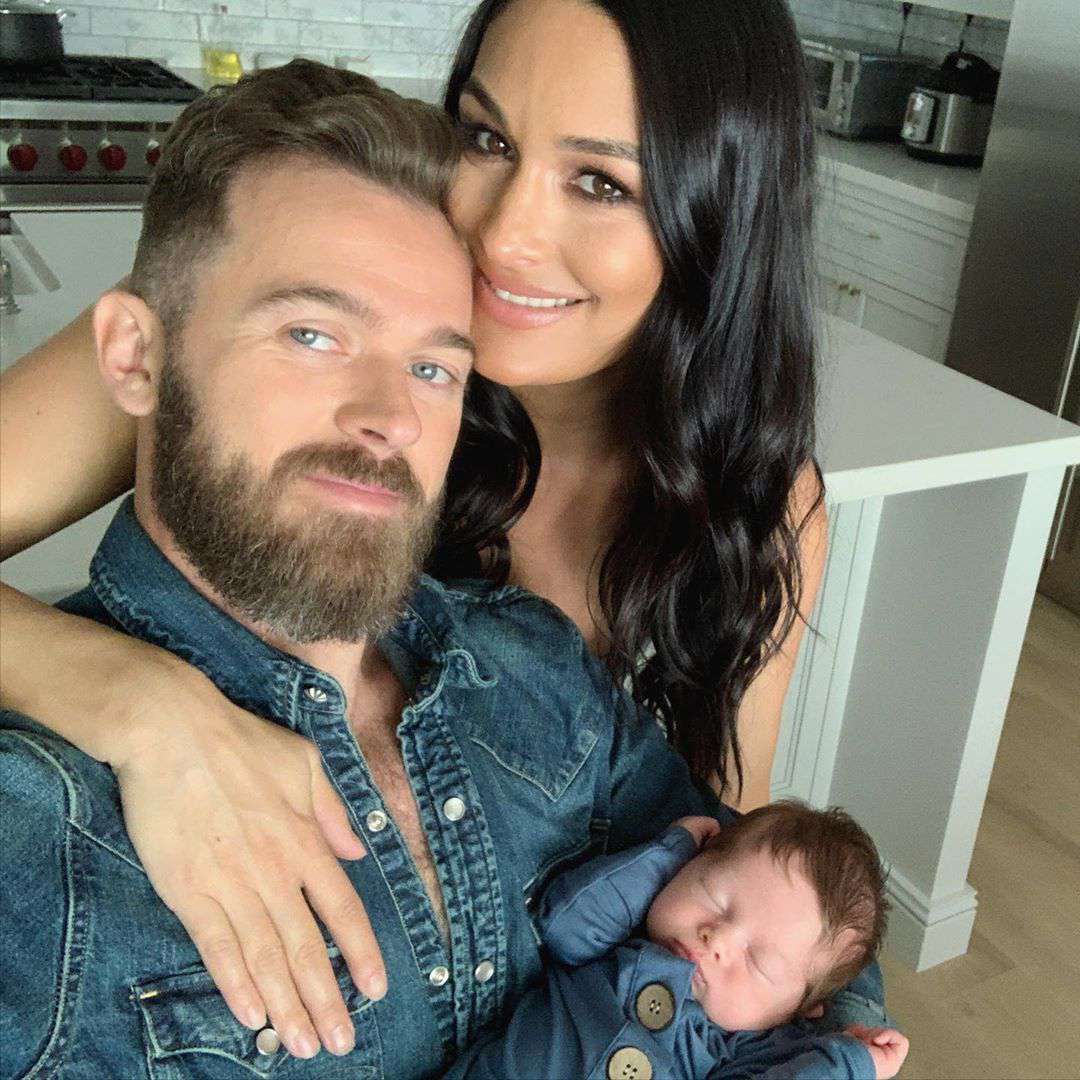
During an episode of The Bellas Podcast, Nikki sat down with her twin sister Brie Bella and shared that she has been feeling “super depressed” following the birth of her son Matteo with fiancé Artem Chigvintsev.
“I love being the best, I want to be number one. … I’ve realized I’ve taken that mentality as a mom,” Nikki told her sister, who welcomed her son Buddy less than 24 hours before Nikki gave birth to Matteo in August 2020. She also added, “I’ve always prided myself that I can fight a lot of things mentally. I’m very strong in that way.”
However, she continued, “Postpartum has knocked me on my ass. This is something that is way different.”
The new mom revealed that she “refused to ask for help” in caring for Matteo and ended up having a “massive breakdown” while shooting Total Bellas.
“I didn’t realize at week seven, you kind of come out of your baby blues and … go two different paths,” she said. “You go the path of being healthy or you go down the path of being depressed, and that depression path can be a really dark, deep hole. I was starting to feel invisible.”
Noting that it wasn’t Chigvintsev’s fault, Nikki continued, “It just started to build up. Being alone with Matteo and just feeling lonely and not loved and invisible.”
Brie — who shares her new baby with husband Daniel Bryan — chimed in that she’s “been there” and has had similar experiences to her sister.
“I had a little bit of postpartum depression,” Brie said. “When I looked at you, it’s more than just being sleep-deprived. She’s lonely. She’s doing a lot of this on her own. … Being parents was never supposed to be this lonely.”
1 of 17
Maren Morris
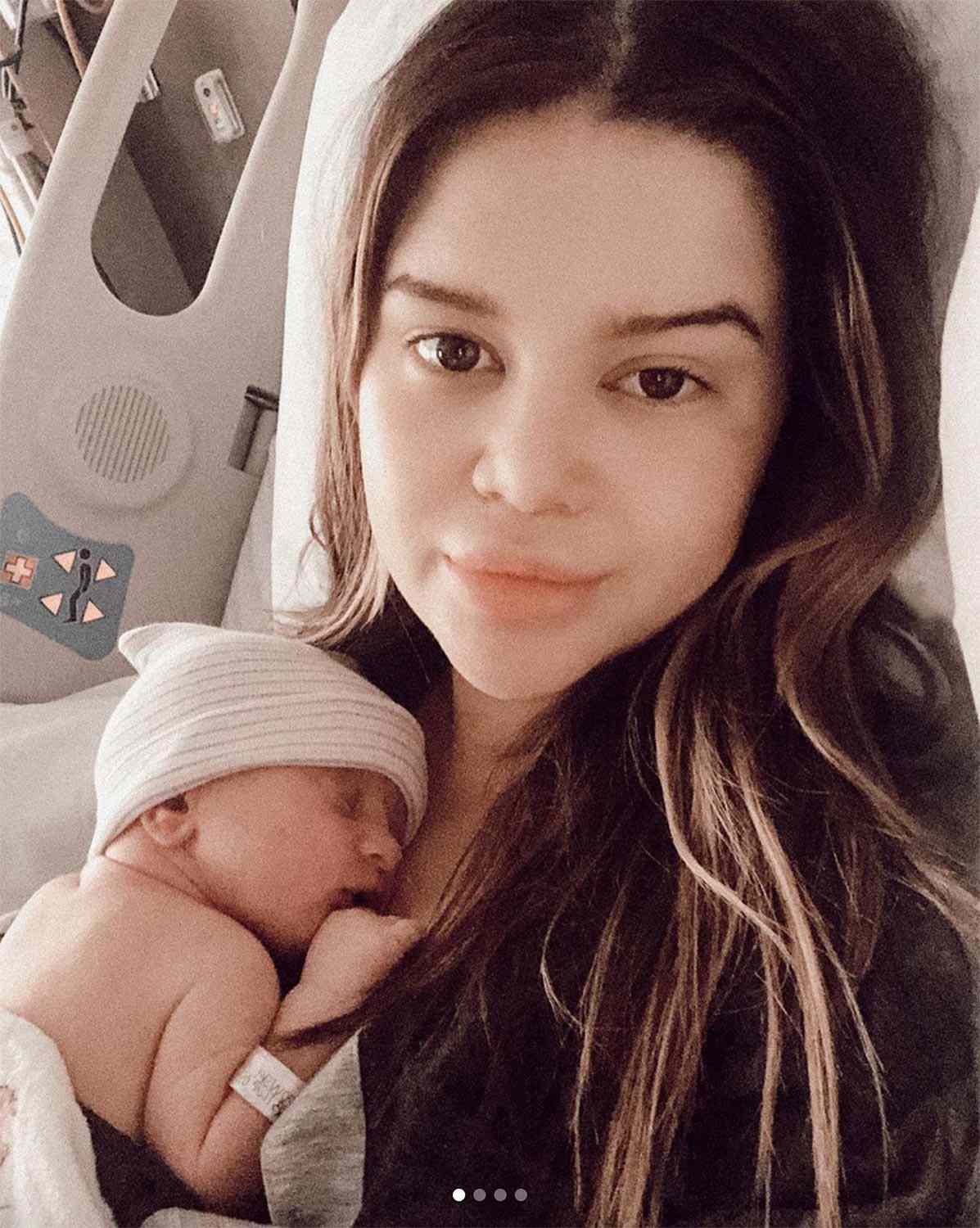
The country megastar recently discussed her battle with postpartum depression following son Hayes’ arrival in March 2020.
“I’m kind of coming through the tunnel now. I feel back to normal,” she told CBS This Morning cohost Anthony Mason in September. “Fortunately, I was able to do phone therapy during the pandemic. … And [I have] people that love me around me that are like, ‘Hey, if you’re drowning right now, there’s help.’ “
“You’re trying to become a new mother and good parent and do everything right,” Morris added of the drowning feeling, “and you just feel like you suck at every level.”
“And then the one thing I’ve always felt like I have a handle on is my music,” she continued. “And to not be able to tour and have to furlough my band and crew, it was just a lot.”
2 of 17
Reese Witherspoon
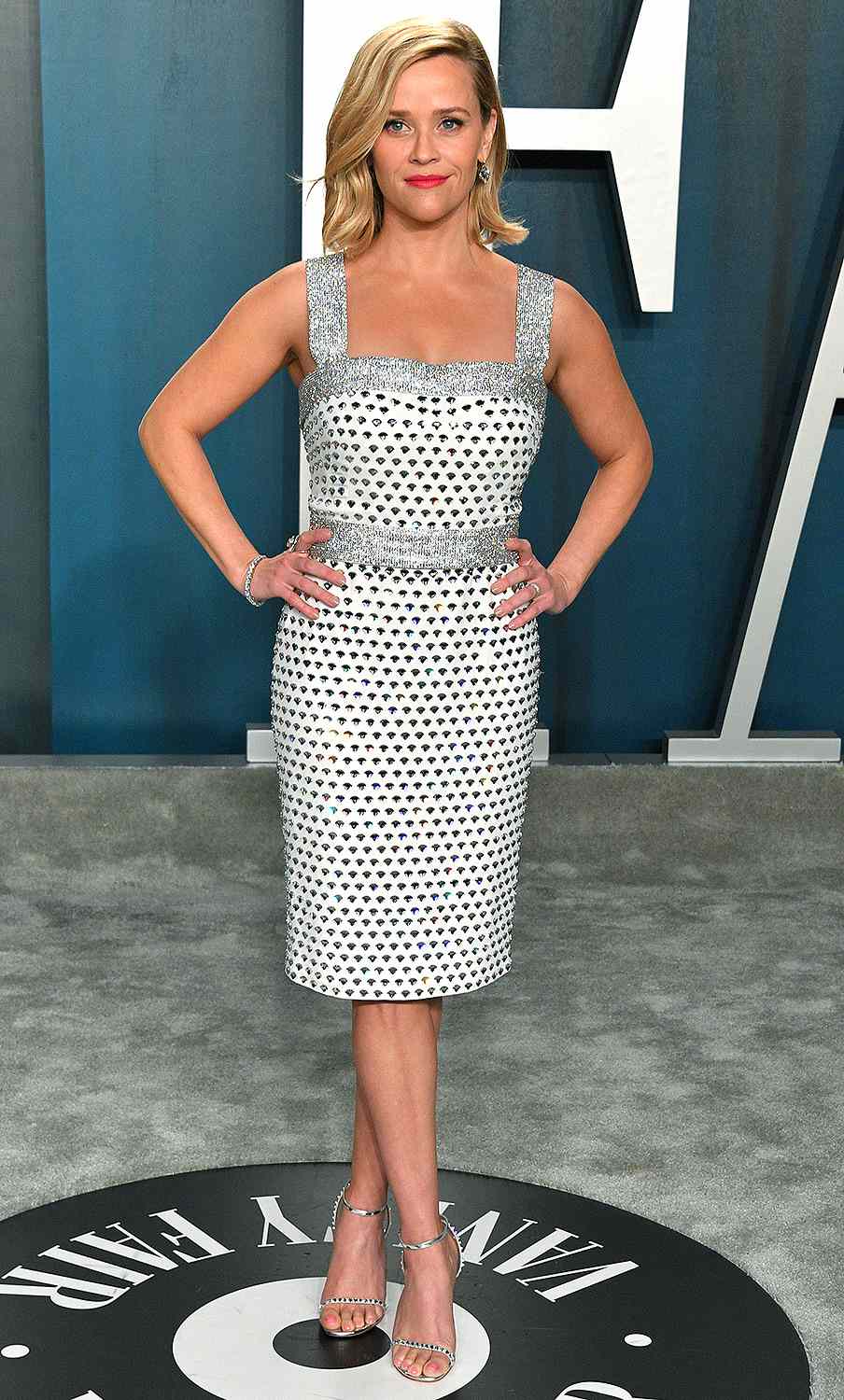
The mother of three spoke about her history of depression and anxiety on Jameela Jamil‘s I Weigh podcast, sharing that she started therapy when she was 16.
“I definitely had anxiety, my anxiety manifests as depression so I would get really depressed. My brain is like a hamster on a wheel and it won’t come off,” Witherspoon said. “I’ve been managing it my entire life.”
Her biggest mental health struggle came when she started having children.
“I’ve had three kids. After each child I had a different experience. One kid I had kind of mild postpartum, and one kid I had severe postpartum where I had to take pretty heavy medication because I just wasn’t thinking straight at all,” the actress said. “And then I had one kid where I had no postpartum at all.”
The actress shares daughter Ava and son Deacon with ex Ryan Phillipe and son Tennessee with husband Jim Toth.
As she opened up about her experience with reaching out for help, Witherspoon said she was “completely out of control” after the birth of her first child.
“We don’t understand the kind of hormonal roller coaster that you go on when you stop nursing. No one explained that to me,” she continued. “I was 23 years old when I had my first baby and nobody explained to me that when you wean a baby, your hormones go into the toilet. I felt more depressed than I’d ever felt in my whole life. It was scary.”
“I didn’t have the right kind of guidance or help, I just white-knuckled back,” she said, adding that she also wasn’t able to be with her mother, who worked as a pediatric nurse for 35 years and had always been open about mental health — and at the time “there wasn’t the type of communication we have now.”
3 of 17
Chrissy Teigen
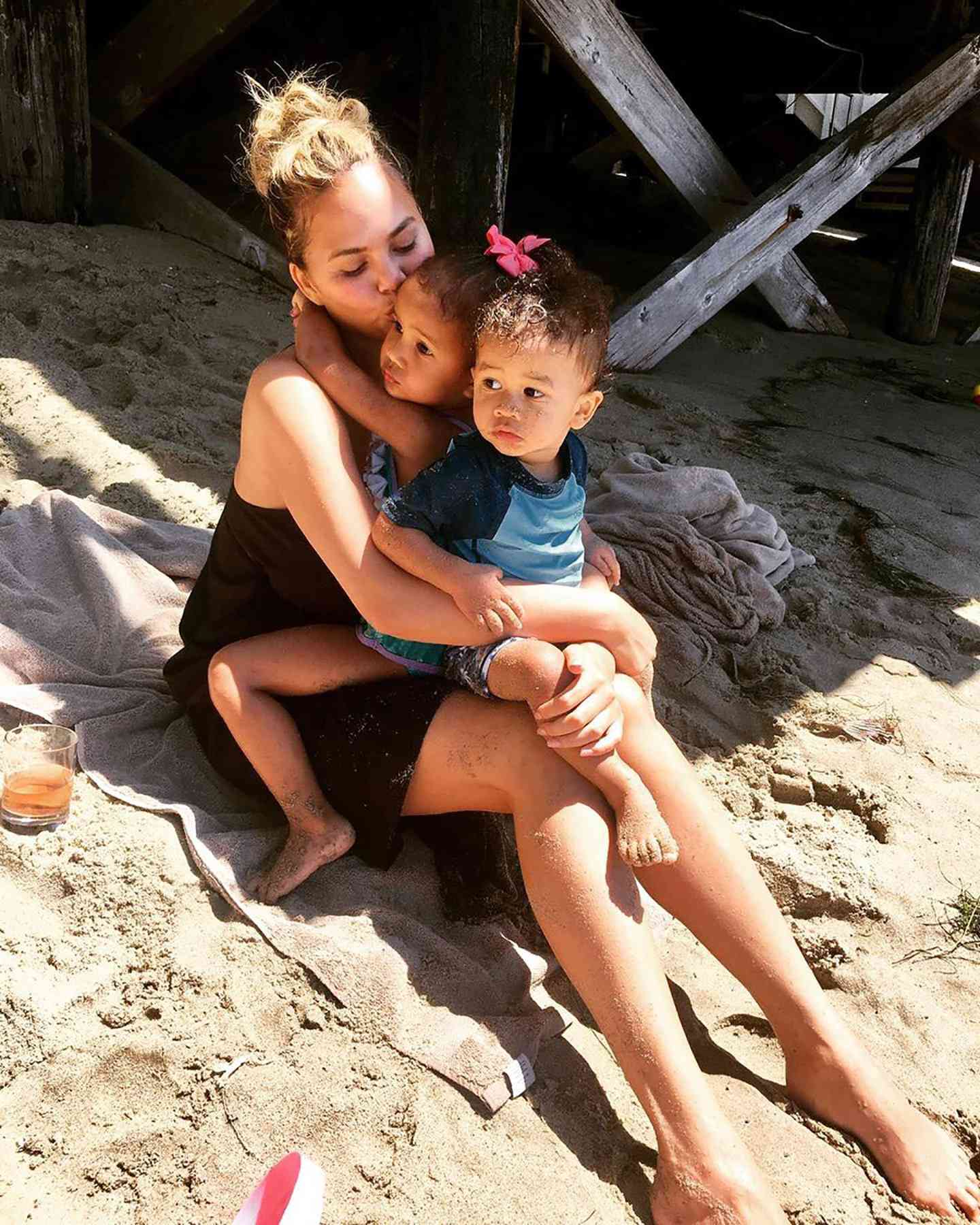
The soon-to-be mom of three shared her experience dealing with postpartum depression with Glamour UK in March 2020. Teigen revealed that she didn’t realize she had it until her daughter Luna was 3 months old.
“It was a sad existence,” she told the outlet of that period in her life. “There were no highs. It was a flatline of life for a few months.”
Teigen said she “put off getting it checked” because she wasn’t having negative feelings toward her daughter, but herself.
“You hear these horrific stories of people not seeing their child as theirs, or wanting to hurt them, and I never felt that way. That’s why I put off getting it checked as I hated myself, not my child,” she said. “I don’t know why I didn’t realize, as it was so obvious to everyone else!”
“I didn’t know it could sneak up so late or that it could happen to someone like me, where I have all the resources,” she continued. “I had nannies and my mom living with us. You say you have it and people think, ‘Is she going to jump off a roof with her kid?’ They don’t know there are so many levels of it.”
4 of 17
Porsha Williams

After Williams gave birth to her first child, daughter Pilar “PJ” Jhena, with Dennis McKinley on March 22, 2019, the new mom was overjoyed but was also honest about how hard it was to transition into motherhood. The fact that the Real Housewives of Atlanta star was having difficulty producing enough breastmilk to breastfeed her daughter almost sent her “into postpartum depression.”
“I just had to come to terms and be okay with it that I wasn’t able to breastfeed. I don’t even know if my body was ready,” Williams told PEOPLE in April 2019.
Then in December 2019, after if was revealed that McKinley had cheated on Williams while she was pregnant, the couple was attending counseling with Dr. Sherry Blake when McKinley admitted that he cheated because he was sexually turned off by Williams as she battled postpartum depression.
“We had a rough pregnancy, all the way from start to finish,” McKinley said during an episode of RHOA. “Sex during pregnancy, it’s nothing what a man wants to do … and after PJ got here, postpartum was very real. We cried together like every night. That’s not a good enough why, but that’s the why.”
“It was a poor decision and it was a selfish decision,” McKinley continued. “I made a mistake, I cheated. … I’ve done my best to let Porsha know that I love her and I’m remorseful and apologetic. The priority for me is the baby.”
Since the filming of the show, Williams and McKinley have reconciled and even got re-engaged.
When asked by host Andy Cohen on Watch What Happens Live if she trusts McKinley now, Williams said the two are “still working it out.”
“We’re working on our family. It takes time,” Williams said. “I love him and he loves me and we’re doing what’s best for our family. That’s really all you can do.”
5 of 17
Gretchen Rossi
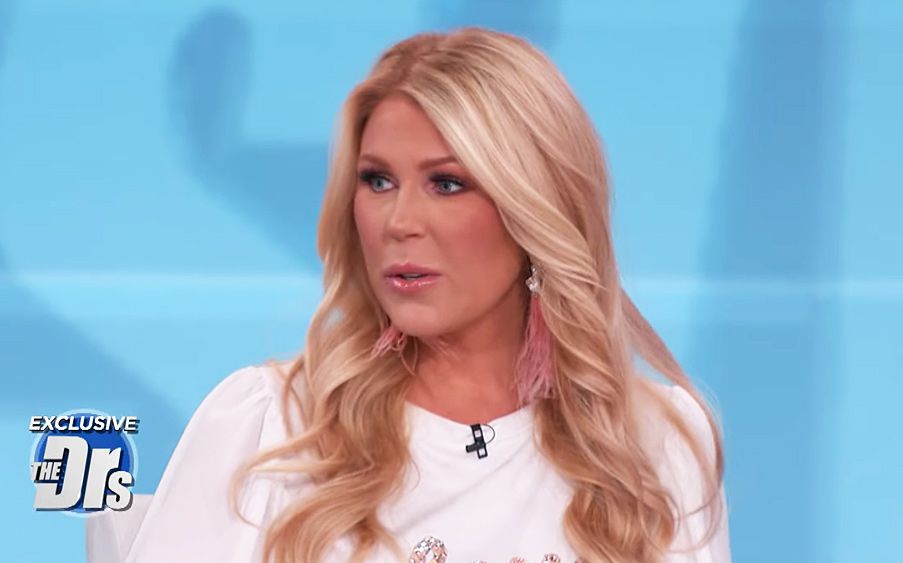
The Real Housewives of Orange County alum and new mom spoke candidly about how the “difficult period” she went through after giving birth to her daughter led her to realize she was experiencing “serious postpartum.”
“I make a joke that I’m gonna write a book called It’s All a Lie,” Rossi said during an episode of The Doctors, on which she and fiancé Slade Smiley appeared to talk about how life has changed since they welcomed daughter Skylar Gray on July 10, 2019.
“I really wasn’t connecting with [Skylar] at the very beginning,” she said. “Then I came to realize [when] I went to my pediatrician’s appointment and I was crying and broke down in that appointment, and my pediatrician said, ‘You know, Gretchen, I think maybe you need to think about the fact that you might have some serious postpartum.'”
“I was like, ‘No, not me. I don’t have that. I’m happy! I’m such a positive person all the time,'” she continued.
“I was really struggling, and I was having an internal conflict with the fact that I had this beautiful, amazing miracle baby — literally, she was a miracle for us — and I just was having a hard time compartmentalizing how to manage my life now with this new baby,” Rossi explained.
6 of 17
Christina Perri
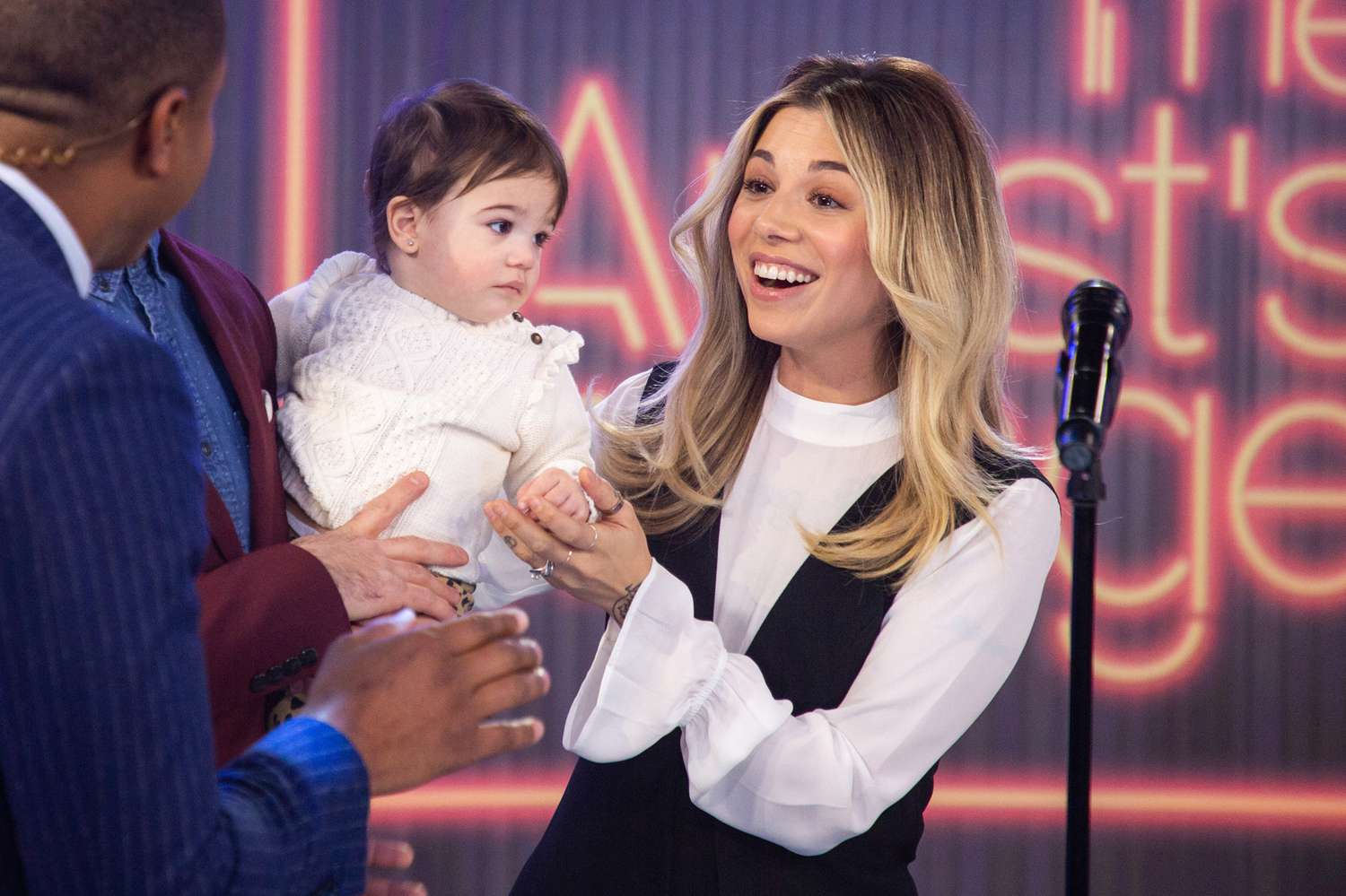
The artist — who has been open about managing depression and anxiety — revealed to PEOPLE she dealt with postpartum depression in late 2018.
“That got me the hardest when I stopped breastfeeding [daughter Carmella] around Christmas. I was so sad and so dark,” Perri said. “We’re almost made to pretend it’s not happening, like, ‘It’s fine. I’ve got this.’ “
After sharing her struggle on social media, Perri said more than 15,000 mothers reached out over Instagram, sending messages of support.
“What really helped was talking about it,” she said. “It was just overwhelming. It made me feel so much better. All the women said ‘me too, me too, me too’ and really got me through it. I’ve got my mommy tribe that got bigger because of that.”
7 of 17
Serena Williams
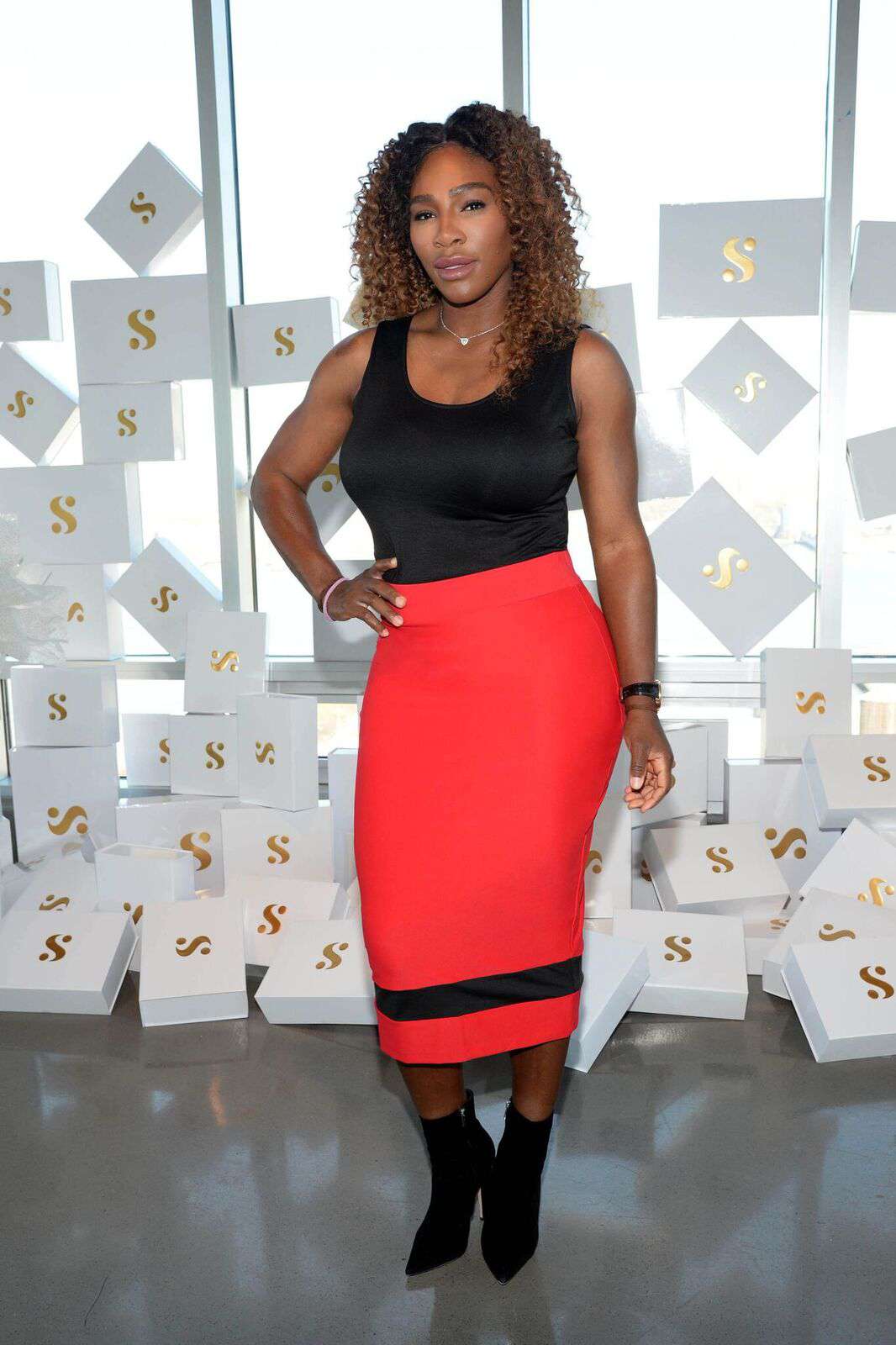
In her July 2018 cover story for Harper’s Bazaar UK, the 23-time Grand Slam champ opened up about some of the more difficult aspects of life since welcoming daughter Alexis Olympia.
“Honestly, sometimes I still think I have to deal with it,” she shared of PPD. (After Olympia’s birth via emergency cesarean section, the athlete also had a near-death experience involving pulmonary embolism.)
“I think people need to talk about it more because it’s almost like the fourth trimester, it’s part of the pregnancy,” she explained. “I remember one day, I couldn’t find Olympia’s bottle and I got so upset I started crying … because I wanted to be perfect for her.”
8 of 17
Alyssa Milano
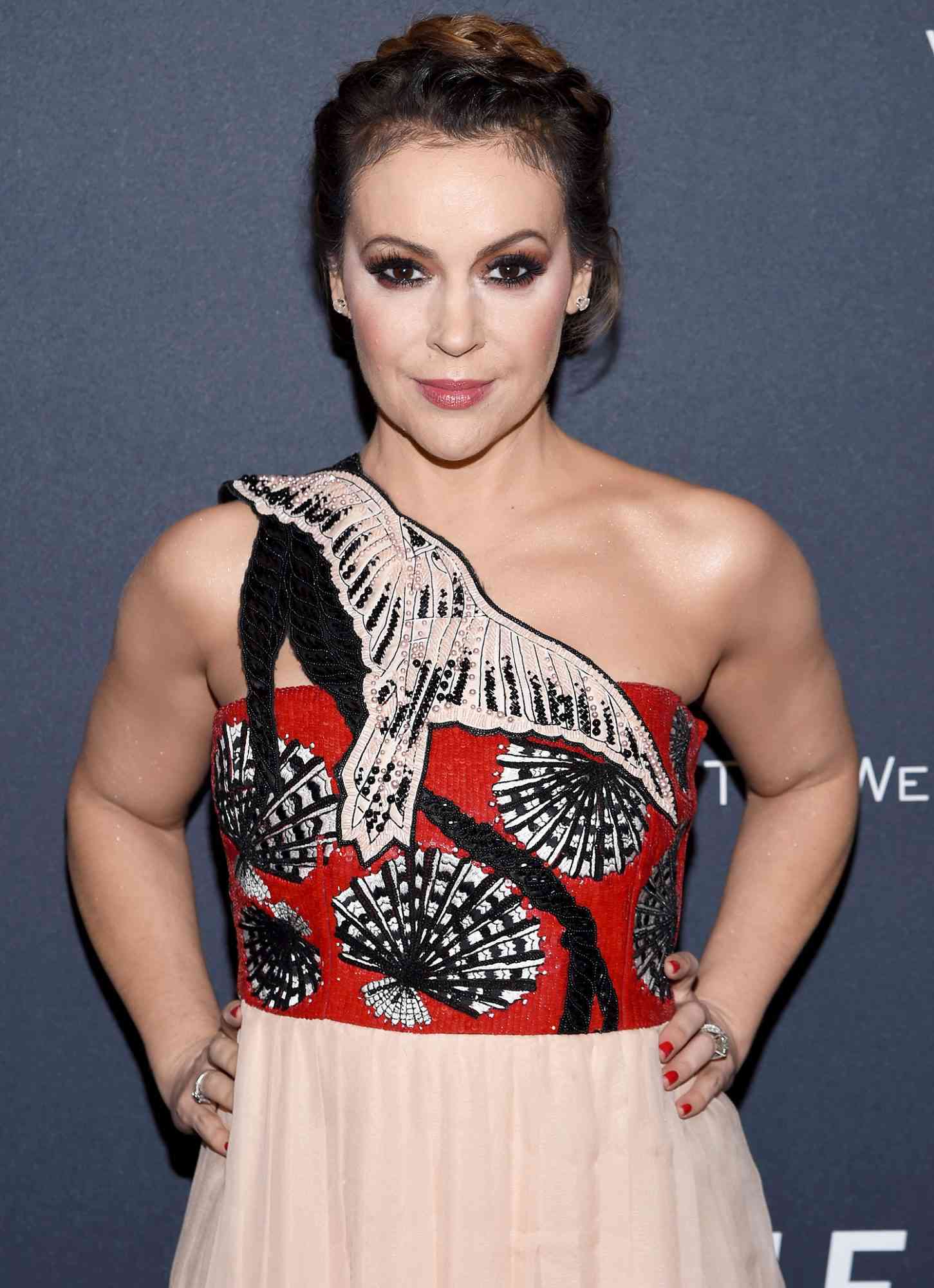
After years of having her anxiety and postpartum depression be overlooked by those around her, Milano penned an essay for TIME about how she finally got help and how important it is to know you’re not alone.
“This Mental Health Awareness Month, I am joining the people nationwide who are standing up, sharing their stories and demanding that lawmakers defend our access to health care,” writes the actress.
She continues to detail her “beautiful” first pregnancy and strict birth plan, which didn’t go as planned, triggering intense anxiety and postpartum depression after complications resulted in her getting a C-section after hours of labor.
“That first night, after we returned from the hospital, I suffered my first anxiety attack. I felt like I had already disappointed my child.” But after seeking and finding help, the actress has recognized how crucial it is to be seen and heard when suffering from PPD, and is working to raise awareness.
She ends on an invitation: “And if you see me on the street, please come tell me that I am not alone.”
9 of 17
Kayla Rae Reid
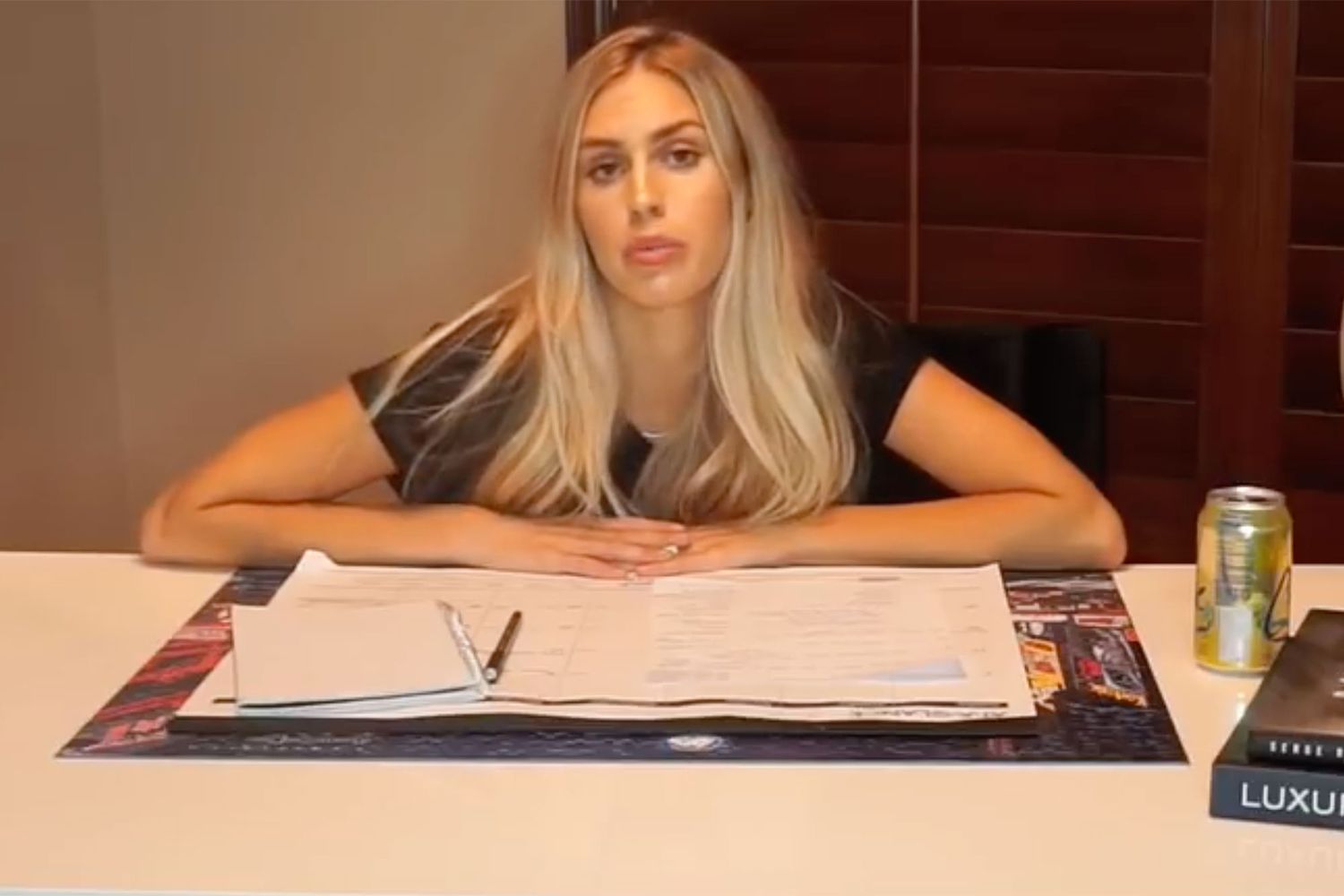
Almost a year after welcoming son, Caiden Zane, with husband, Ryan Lochte, Kayla Rae Reid, opened up about her battle with postpartum depression in a candid YouTube video titled My Journey with PPD: Postpartum Depression. “I was dead inside,” Reid recalled, adding that there were days she wouldn’t want to get out of bed. “It makes me so sad because you don’t want to feel like that because you just gave birth to something. You know you are their everything, and everything you do is for them. I don’t know why I felt like that, but I did.”
Nearly one year later since having her little one, Reid still doesn’t necessarily think she’s “overcome” postpartum depression. “I still have good days and bad days,” she admitted. “I have way more good days, and I actually see life as worth living, and I did not all,” Reid continued. “And that just blows my mind to say that, but I really didn’t.”
10 of 17
Alanis Morissette
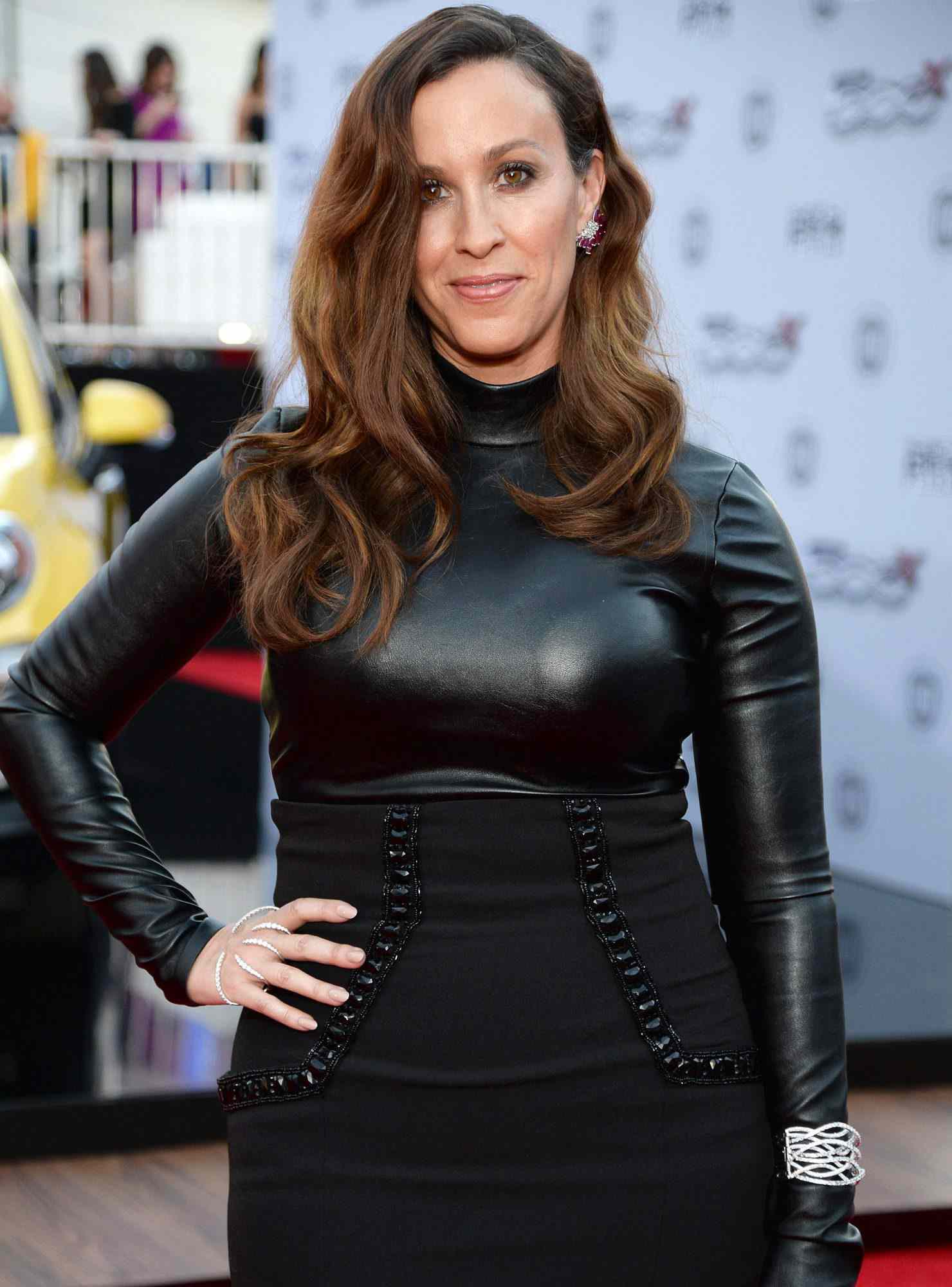
In a September 2017 interview with PEOPLE, the singer opened up about twice battling PPD. “I’m used to being the rock of Gibraltar, I’m used to providing and protecting, and for postpartum times, I was devestated and it had me questioning my identity … it had me questioning everything.”
After being diagnosed about a year-and-a-half after her first pregnancy, she was prepared to face PPD again following the July 2016 birth of daughter Onyx. “I was at the ready, whether I’m adjusting this hormonally or through vitamins or through omegas or allopathic medicine or whatever, I was ready to do anything.”
Morissette said she’s pulling through — “I show up because I see my little kids’ faces” — and is eternally grateful to husband Souleye for his support. “Even just sitting near my husband and leaning on him and hearing his heart beat … it’s so healing,” she shared. She hopes by telling her story, she’ll be able to help other moms going through PPD, as well.
11 of 17
Lena Headey
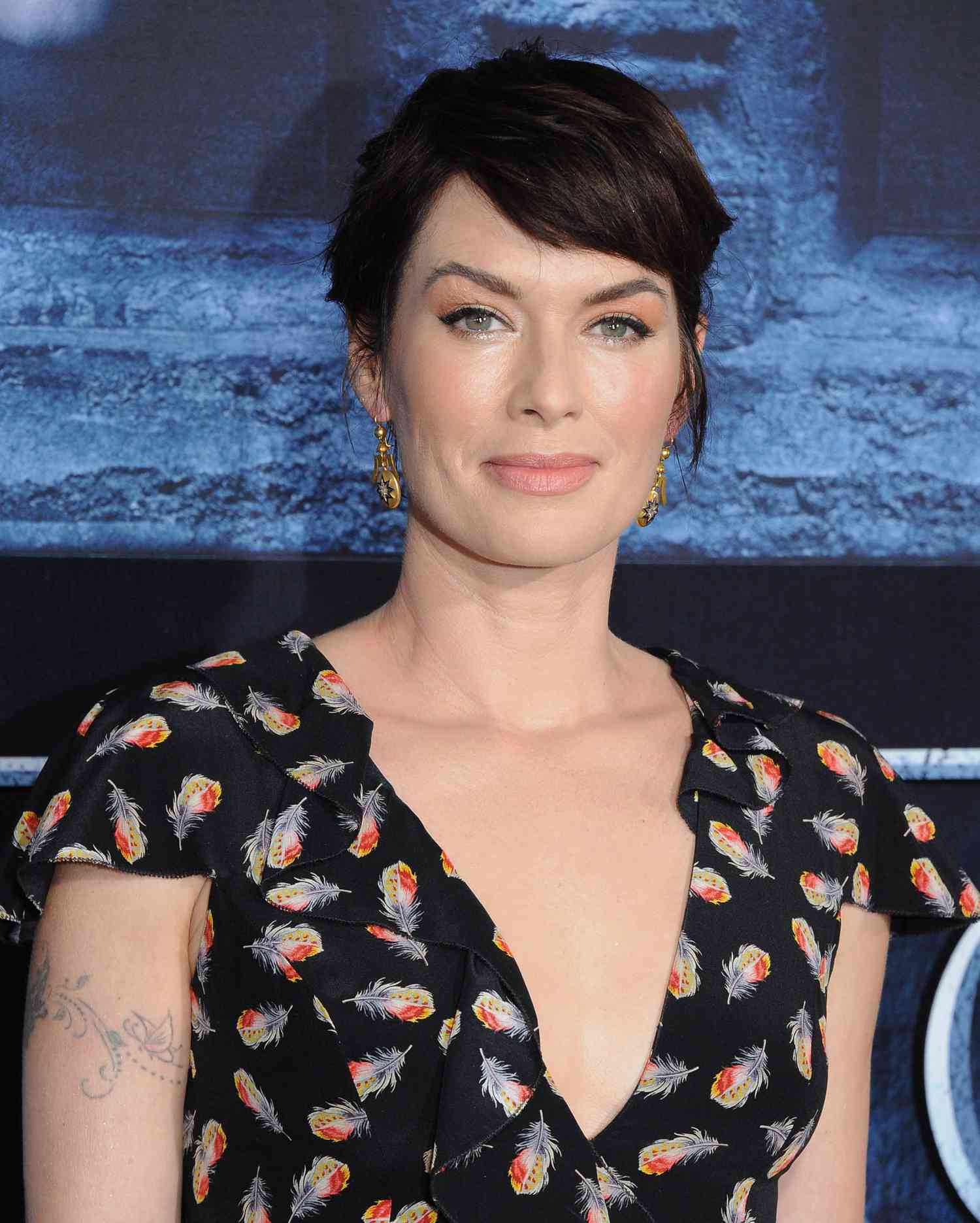
While filming the super-intense season 1 of Game of Thrones, Headey was diagnosed with PPD, but had to continue balancing work and motherhood to son Wylie, now 8. “I saw a doctor for the medical check, and I just burst into tears. She said I was postnatally depressed and I went, ‘Am I? Why is that?’ ” Headey said in a 2017 interview with The Edit. She continued, “I saw a great guy and he sorted me out, but I did the first year [on GoT] in that space, figuring out motherhood and going through a weird time personally. It was tricky.”
12 of 17
Sarah Michelle Gellar

In the midst of the Trump administration’s proposed American Health Care Act, Gellar opened up about her personal struggle with postpartum depression — which, under the new bill, would be considered a pre-existing condition. “Having kids is wonderful, and life changing, and rarely what you’re prepared for,” the actress wrote on Instagram, topping off her post with a call-to-action. “I love my children more than anything in the world. But like a lot of women, I too struggled with postpartum depression after my first baby was born. I got help, and made it through, and every day since has been the best gift I could ever have asked for. To those of you going through this, know that you’re not alone and that it really does get better.”
13 of 17
Adele
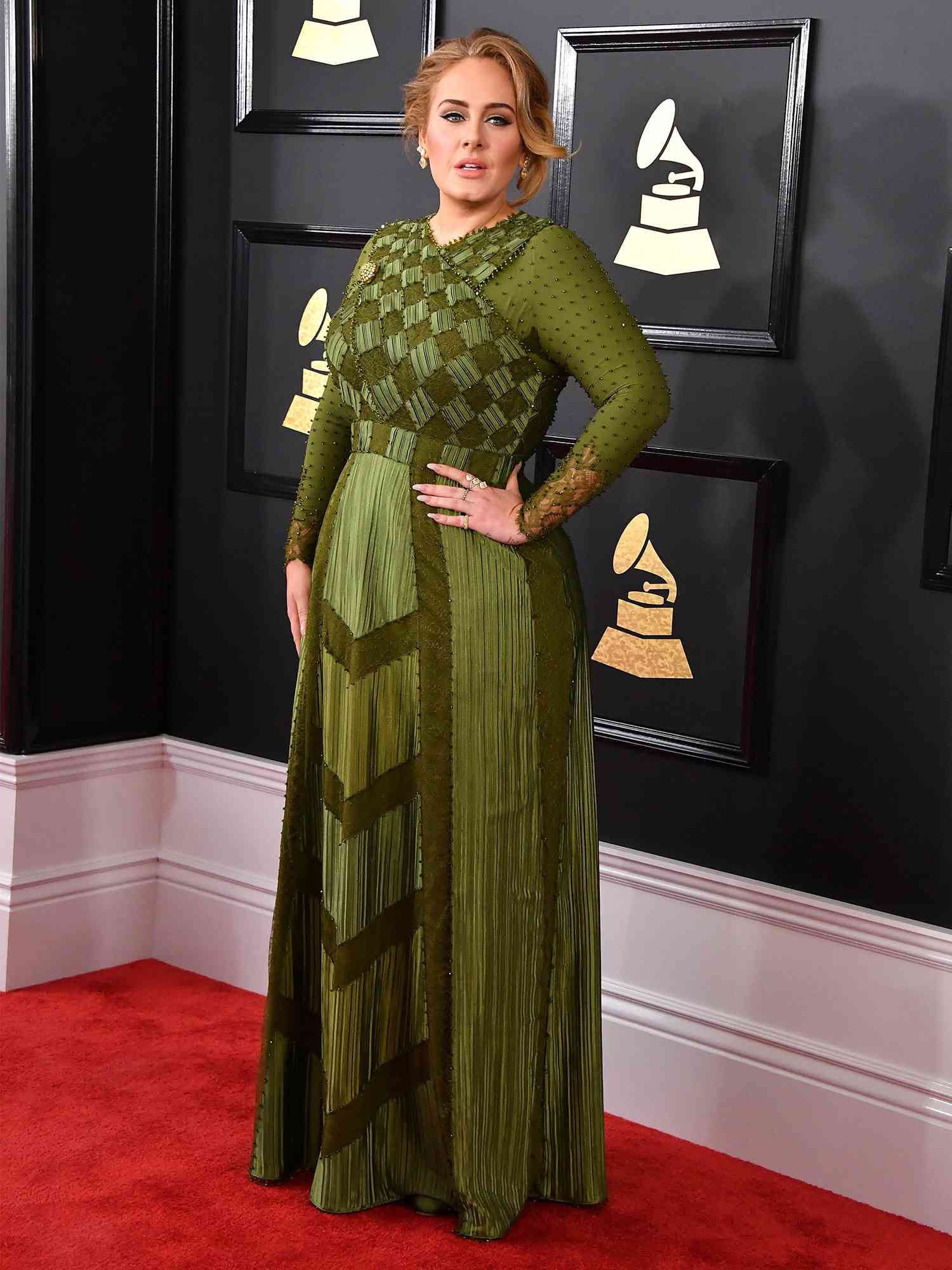
“I had really bad postpartum depression after I had my son, and it frightened me,” the British superstar told Vanity Fair in 2016, three years after welcoming son Angelo with ex-husband Simon Konecki. “My knowledge of postpartum — or post-natal, as we call it in England — is that you don’t want to be with your child; you’re worried you might hurt your child; you’re worried you weren’t doing a good job,” she said. “But I was obsessed with my child. I felt very inadequate; I felt like I’d made the worst decision of my life.”
14 of 17
Hayden Panettiere

The Nashville star struggled with postpartum depression after the 2014 birth of her daughter Kaya with her ex-fiancé, professional boxer Wladimir Klitschko. “[She] is voluntarily seeking professional help at a treatment center as she is currently battling postpartum depression,” her rep told PEOPLE. On Live! with Kelly and Michael in September 2016, Panettiere opened up about the struggle, saying, “There’s a lot of misunderstanding – there’s a lot of people out there that think that it’s not real, that it’s not true, that it’s something that’s made up in their minds, that ‘Oh, it’s hormones.’ They brush it off. It’s something that’s completely uncontrollable. It’s really painful and it’s really scary, and women need a lot of support.”
15 of 17
Gwyneth Paltrow
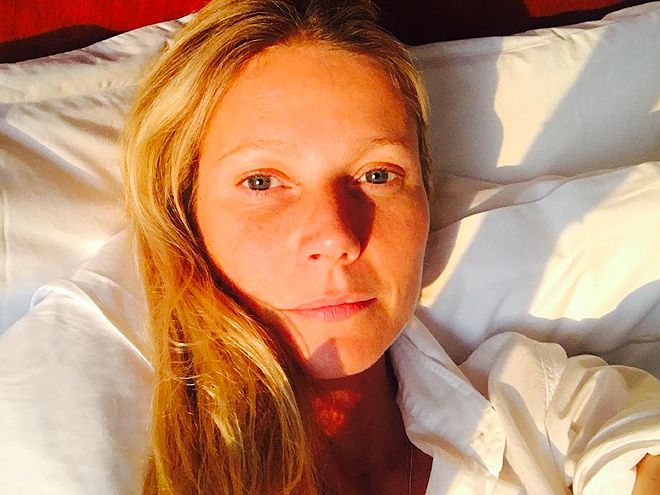
After delivering son Moses in 2006, the actress “felt like a zombie,” she told Good Housekeeping. “I couldn’t connect [to Moses]. I just thought it meant I was a terrible mother.” When Coldplay frontman hubby Chris Martin suspected postpartum depression, Paltrow, whose daughter, Apple, was born in 2004, finally sought help and soon recovered.
16 of 17
Brooke Shields
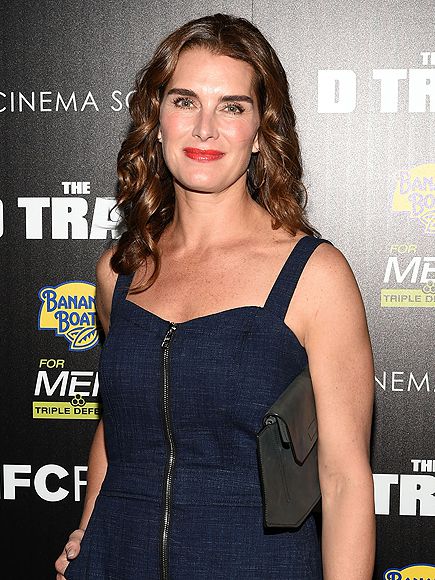
In her 2005 book Down Came the Rain: My Journey Through Postpartum Depression, the actress detailed her struggle after giving birth to her first child. “It was devastating to my whole family,” she said in an interview with ABC. “I had gone through numerous attempts to have a baby and when I did finally have this perfect, beautiful, healthy baby and it all but destroyed me. I couldn’t hold the baby, I couldn’t do anything for the baby, I couldn’t look at the baby.”
17 of 17
Source: Read Full Article
